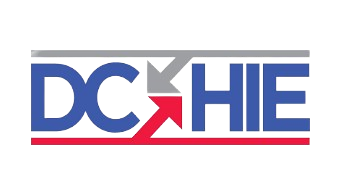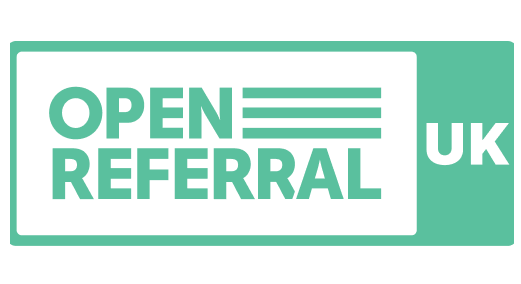Month: March 2022
-

Evolving the DC Community Resource Information Exchange’s Inventory Capabilities
In the District of Columbia, we’re developing a new approach to the very old problem of resource directory information management. Years ago we shared the story of the first phase of our work here on this blog, and we’re now excited to share results from our second phase. The DC Community Resource Information Exchange initiative…
-

UK Government endorses Open Referral UK
Welcome back to our blog Mike Thacker of Porism Limited. Porism is a technical partner of the Local Government Association (LGA), a membership organisation of English local authorities which owns the Improvement and Development Agency for local government (IDeA). Porism also works with iStandUK, a local government standards body that promotes efficiency, transformation, and transparency of local…
